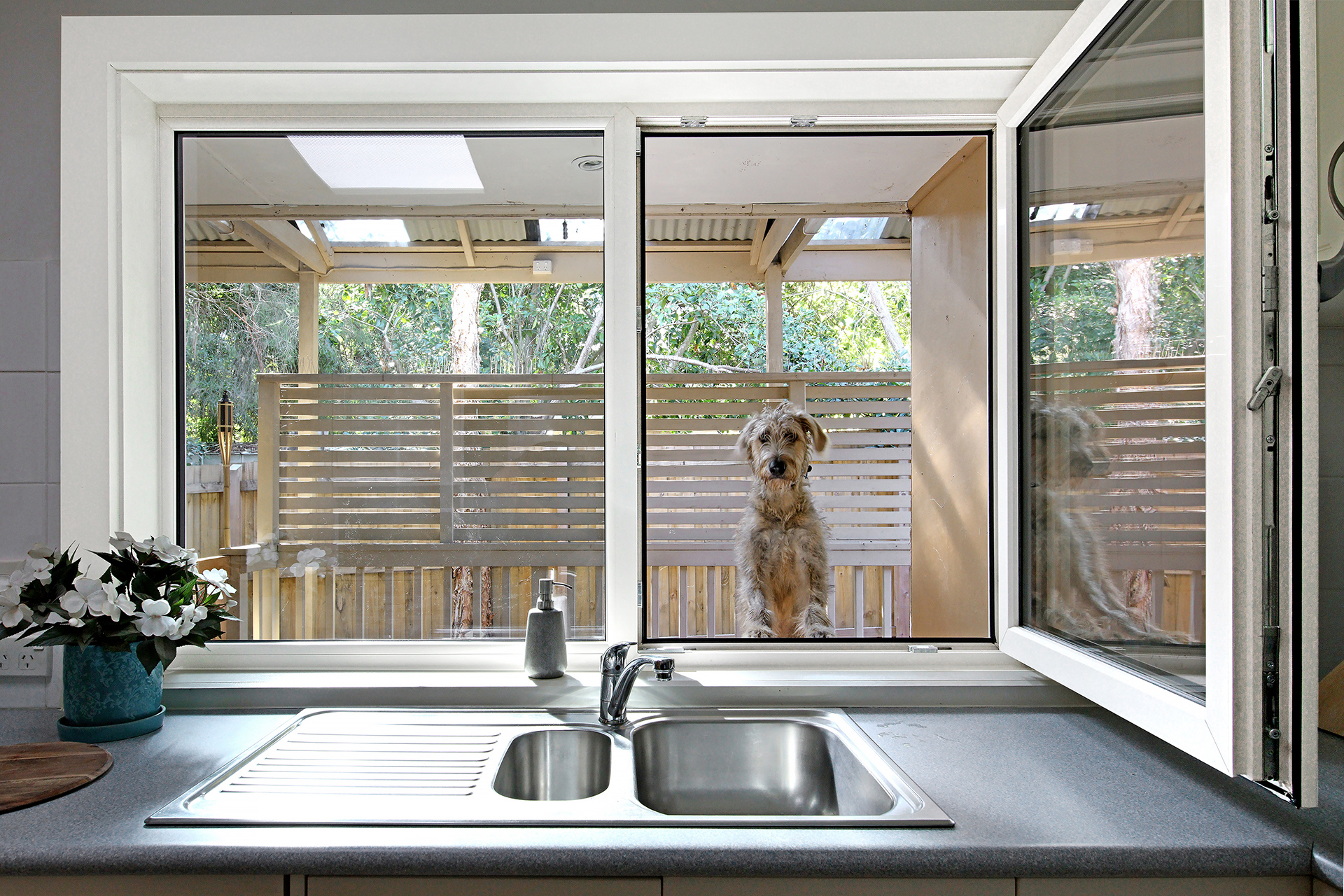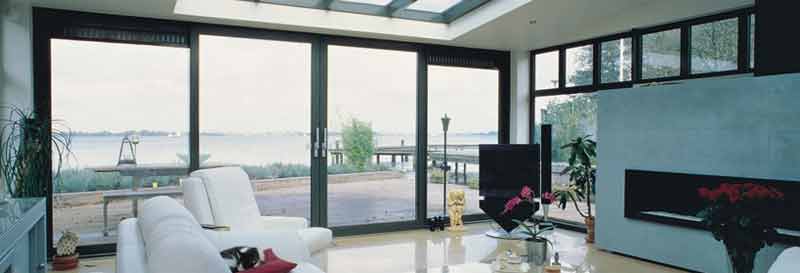All Categories
Featured
Table of Contents
Is Double Glazing Worth It? in Connolly WA
That window can send more solar heat in winter than in summer season. A west-facing window on a summer season's afternoon has an angle of incidence from near 0 approximately 30 with a big reliable area of solar radiation. A north-facing window, in summer season, has a high angle of incidence and a low effective area of solar radiation, so can transmit less heat than a west-facing one.

You can quickly and quickly improve the thermal performance of your home by replacing your windows. This is one of the most efficient approaches of remodelling to attain improved thermal convenience. There are countless kinds of glass and frames to choose from. Selecting the right ones is very important to enhancing the energy performance of your house.
Home Window Glazing - Sustainability Victoria in High Wycombe Perth
Single glazing with clear glass is not really effective when it comes to heat loss or gain. To enhance performance, you can use single glazing with a more energy-efficient type of glass such as low emissivity (low-e) glass.
The energy efficiency of IGUs also depends on: the homes of each layer of glass. Different glass types (for example, clear and low-e glass) can be put together in an IGU.
Why Install Stunning Double Glazing Windows During Summer? in Piesse Brook WA

IGU cavities can be filled with air or a more inert, low-conductivity gas such as argon the width of the cavity. Cavity thickness is normally 6 to 18mm. Broader cavities provide lower (much better) U worths, with 12mm typically accepted as the preferred gap how well the cavity is sealed. Cavities must be dry and well sealed to avoid moisture getting in.
If argon is installed to the cavity in location of air, moisture is reliably excluded the level of desiccant (drying representative). The spacer (metal or polymer strip) that separates the glass layers consists of a desiccant to take in any wetness. Inadequate desiccant might trigger wetness to condense on the glass surface in cold conditions, reducing thermal efficiency.
Double Glazing Vs Triple Glazing For Windows (2023) in Iluka WA
IGUs can provide much better energy performance for all climates, specifically in heated and air-conditioned houses. Cross-section information of single, double and triple-glazing units Low emissivity glass (typically known as low-e glass) reduces heat transfer. Low-e glass may be either high or low transmission: High transmission low-e glass has a coating that allows daytime from the sun to pass into your home to accomplish great solar heat gain, however minimizes the quantity of the long wavelength infrared heat that can escape back through the window.
Low-e glass has either a pyrolytic coating or a vacuum-deposited thin film metal coating. Pyrolytic coverings are resilient and can be used for any glazing; vacuum-deposited coatings are soft and are just used within IGUs. Low-e finishings can considerably enhance both U value and SHGC; however, they should be used correctly or they will either deteriorate or fail to perform as required.
Why Double Glazing Keeps Your Home Cooler In Summer? in Kardinya WA
Low-e finishings can be used in mix with clear, toned or reflective glass. Low-e coatings on glazing can decrease heat transfer where needed Photo: Department of Market, Science, Energy and Resources Toned glass has actually colouring additives included during manufacture. It is available in numerous colours, typically bronze, grey, blue and green.
Table of Contents
Latest Posts
The Surprising Benefits Of Double Glazing In The Summer ... in Dalkeith Western Australia
Why Install Stunning Double Glazing Windows During Summer? in Glendalough WA
Double Glazing Windows in Osborne Park Perth
More
Latest Posts
The Surprising Benefits Of Double Glazing In The Summer ... in Dalkeith Western Australia
Why Install Stunning Double Glazing Windows During Summer? in Glendalough WA
Double Glazing Windows in Osborne Park Perth